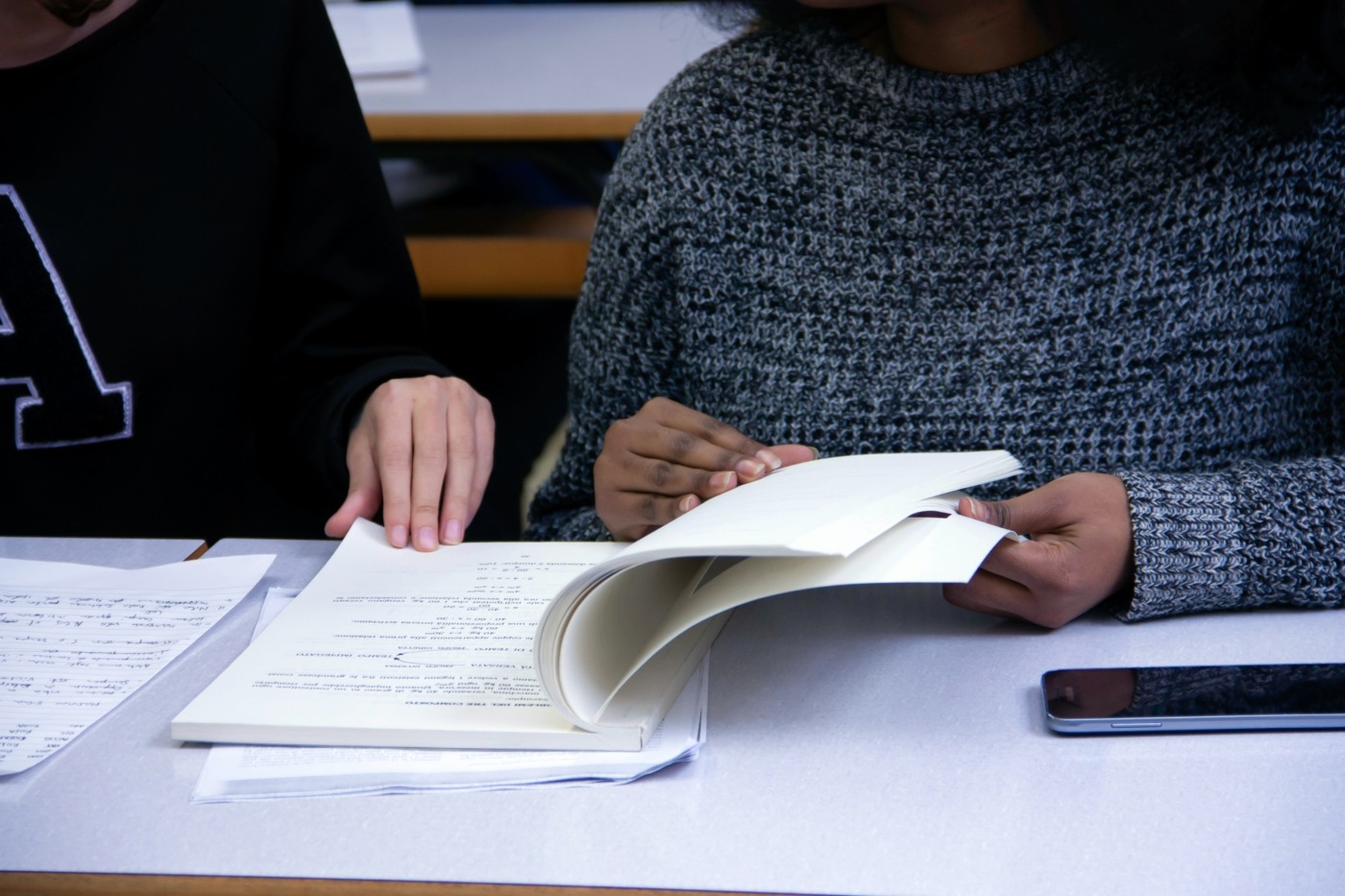Government introduce a ‘four-tier system’ for universities
With university terms commencing and students returning to their accommodation, the
government has published further coronavirus guidelines specific to universities.
This includes a ‘four-tier system’ which explains that students could be prevented from
returning home as a worst-case scenario.
Tier 1, which is the default position of the government on universities, expects higher
education providers to offer a blended learning experience. This combines both online
learning and face-to-face tuition, and students are expected to abide by national
coronavirus guidance and use preventative measures such as face masks.
Tier 2 would simply be an increase in the level of online tuition offered to students, so that
‘priority’ subjects like medicine could still be taught in a face-to-face environment. It is up to
higher education institutions to carry out risk assessments that enable a continuation of in-
person tuition.
Students should follow local coronavirus guidance in instances of local lockdowns in tier 3,
and this would include a restriction on the movement of students. This includes where local
guidance states students should remain in their current accommodation and not return to
their family home or other residences.
In the instance that stricter measures are necessary, higher education institutions will be
expected to support students by keeping various services available such as the university
library or catering facilities.
Learning will be moved completely online where possible as a last resort if a university
enters tier 4 and buildings will be open for essential workers only.
The government has also published some guidance for universities in preventing
coronavirus outbreaks. This comprises of increasing ventilation in campus buildings and
covered areas, teaching students outdoors, increased availability of hand washing and
sanitation facilities, and enhanced cleaning of campus facilities.
Dr Jo Grady, the General Secretary of the University and College Union (UCU), called for more
teaching to be conducted online from the beginning, rather than as a last resort.
Any country with an infection rate anywhere near that of our young people would be
removed from the safe travel list. We cannot see why the government is insisting young
people move around the country and engage in unnecessary face-to-face interactions– Dr Jo Grady
She claimed this would be better than for universities to follow the “confusing, expensive,
and at times silly” guidance from the government.
“Any country with an infection rate anywhere near that of our young people would be
removed from the safe travel list. We cannot see why the government is insisting young
people move around the country and engage in unnecessary face-to-face interactions,” Dr
Grady added.
The Department for Education, who published the guidelines, said no extra funding would
be offered to universities to help meet the guidelines, and that additional costs would need
to be met from existing budgets.
They also suggested that disciplinary measures be introduced for students who do not
comply with government and campus regulations.
The Universities Minister in England, Michelle Donelan said: “Universities have been making
a mammoth effort to safely open campuses and buildings to students this autumn, and the
government has worked closely with them to ensure they are well prepared for the return
of students.”
A spokesman for the Russell Group suggested that the government should enhance their
testing capacities in anticipation of the return of students to university.
They added: “In addition to the steps being taken by our universities, we would urge the
government to ensure that sufficient local testing capacity is in place.”
Alistair Jarvis of the Universities UK group welcomed the additional guidance and said:
“Students can look forward to a high-quality, rewarding, and enjoyable experience at
university this academic year.”

Comments